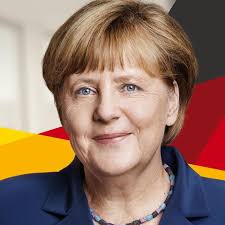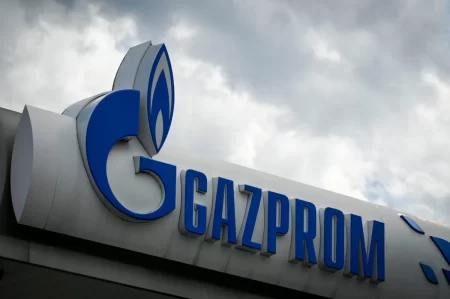
Frankfurt — Germany imported 2.8% less natural gas in the first four months of 2021, but its bill rose by 15.7% over a year earlier, data from German trade statistics office BAFA showed.
Traders of gas, power and carbon monitor gas imports because the supply and demand balance can change prices and traded volumes in all three markets.
Gas statistics correlate with coal, which competes with gas in the production of electricity, while also giving clues about demand for mandatory European carbon emissions permits.
BAFA’s monthly figures showed Germany’s January-April imports were 1,881,423 Terajoules (TJ), or 49.7 billion cubic metres (bcm), compared with 1,935,661 TJ a year earlier.
Importers’ bills stood at 8.1 billion euros ($9.65 billion), versus 7.0 billion in the same period in 2020.
The average price paid per TJ on the border in the period was up 20% year-on-year at 4,314.02 euros, BAFA said.
In April alone, it was 4,481.72 euros, equivalent to 1.61 cents per kilowatt hour (kWh), and up 57.8% year-on-year.
Germany, Europe’s biggest economy, mainly imports gas from Russia, Norway, the Netherlands, Britain and Denmark via pipelines.
German gas stocks were at 37.3% of available storage capacity early this week, European gas infrastructure group GIE’s website showed, compared with 86.4% a year ago.
($1 = 0.8397 euros)
- Reuters (Reporting by Vera Eckert, editing by Alexander Smith)



